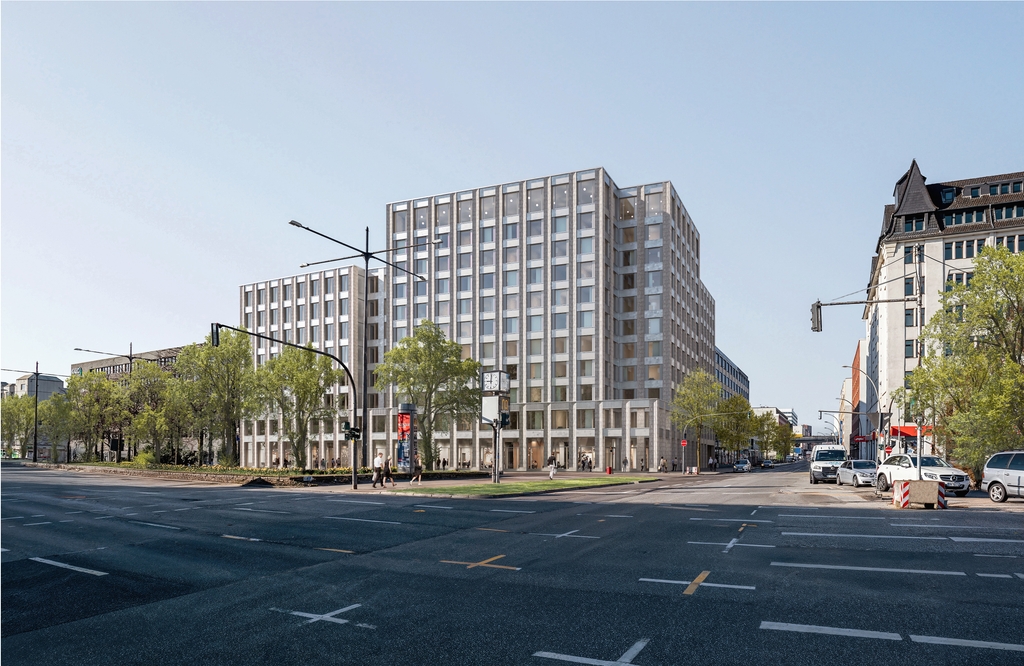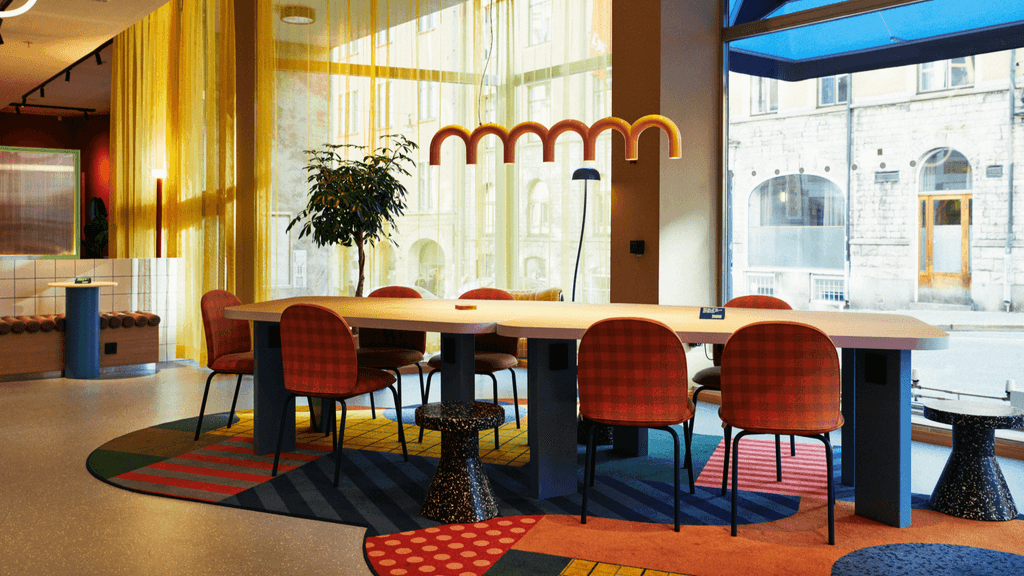The report for 2013 shows a continued reduction in the areas of water, energy and waste. During the first half of 2013, Scandic’s energy consumption fell by 0.42%, water consumption was down 3.26% and unsorted waste was 10.17% less, compared with the same period last year. Emissions of carbon dioxide have, however, risen by 4.71%, largely due to a third party change in energy purchasing by the external district heating supplier.Scandic has been working on environmental issues since the mid-1990s. Water, energy, waste and carbon emissions are some of the areas that the Group measures each month in order to continuously improve its sustainability work. This work has paid dividends in terms of reduced environmental impact, not to mention a number of accolades and awards.
Improvements that have affected the environment
During the spring, Scandic introduced a number of improvements that have affected its impact on the environment and the climate. These include installing new, ecolabelled TVs with low energy consumption and actively working to reduce waste from restaurants, as well as refurbishments and changes that have resulted in more energy-efficient hotels, for example by introducing smarter kitchen equipment, better lighting and ventilation controls and controls on water flow.
“Water, energy, waste and carbon emissions are areas that hotels can influence, through considered purchasing, technical equipment and team member behaviour. We encourage a shrinking carbon footprint through team member training, adapting procedures and policies and purchasing. We have a CO2 target of zero emissions from our own business by 2025,” says Inger Mattsson, Manager Sustainable Business at Scandic.
Since spring 2013, Scandic has worked actively on waste management at all its hotels. By training team members, monitoring purchasing, checking how much waste is produced at any given time and educating guests, the target is to reduce waste in areas such as breakfast by over 30%, from the current 141 grams per guest to 90 grams per guest. As a result of this, we have seen unsorted waste fall by 10.17%.
Accolades for environmental work
For the third year in a row, Scandic has been voted the most environmentally aware hotel chain by Swedish consumers via Sustainable Brands, which annually surveys and ranks how companies work on their environmental and social responsibility. Scandic has also been awarded a “Gold Medal” by the Global Business Travel Association (GBTA) as a travel provider with a leading environmental profile.
The newly built Scandic Kristiansand Bystranda was able to boast the Nordic Ecolabel as soon as it opened its doors. Having an eco-smart building, compliant operations from the outset and fully trained team members secured the ecolabel in time for the opening, as well as the fact that the building is a low energy consumer.
Scandic’s sustainability work
Scandic is an industry leader on the issue of sustainability work, and earlier this year was voted the most sustainable hotel chain in a poll of Swedish consumers. Scandic began drawing up a sustainability programme back in 1993, and it is now considered to be the best in the industry. Under this programme, environmental, economic and social considerations must be incorporated into everyday decisions within the business.
For more information on Scandic’s work on sustainability
www.scandichotels.com/betterworld
Key figures January – August 2013
+——————+——–+——————–+———————–++
| |2012 per|2013 per guest night|Change in total values*||
| |guest | | ||
| |night | | ||
+——————+——–+——————–+———————–++
|Unsorted waste, kg|0.49 |0.46 |-10.17% ||
+——————+——–+——————–+———————–++
|Energy |47.32 |49.20 |-0.42% ||
|consumption, KWh | | | ||
+——————+——–+——————–+———————–++
|Water consumption,|203.43 |205.50 |-3.26% ||
|I | | | ||
+——————+——–+——————–+———————–++
|Fossil carbon |2.21 |2.42 |4.71 ||
|dioxide emissions,| | | ||
|kg** | | | ||
+——————+——–+——————–+———————–++
* Scandic’s total consumption, not based on no. of guest nights
** The reason that emissions of carbon dioxide have risen by 4.71% is a third party change in energy purchasing by the external district heating supplier. The district heating plants to which Scandic is connected have reported an increased proportion of fossil fuels as the basis for the heating and cooling that is supplied to Scandic. Scandic hopes that in the future there will be an opportunity to steer this heating and cooling in the right direction towards a lower environmental impact.
Contact details:
Inger Mattsson, Director Sustainable Business, Scandic, tel: +46 70-973 50 19
Anna-Klara Lindholm, PR Manager, Scandic, tel: +46 70-973 52 31





